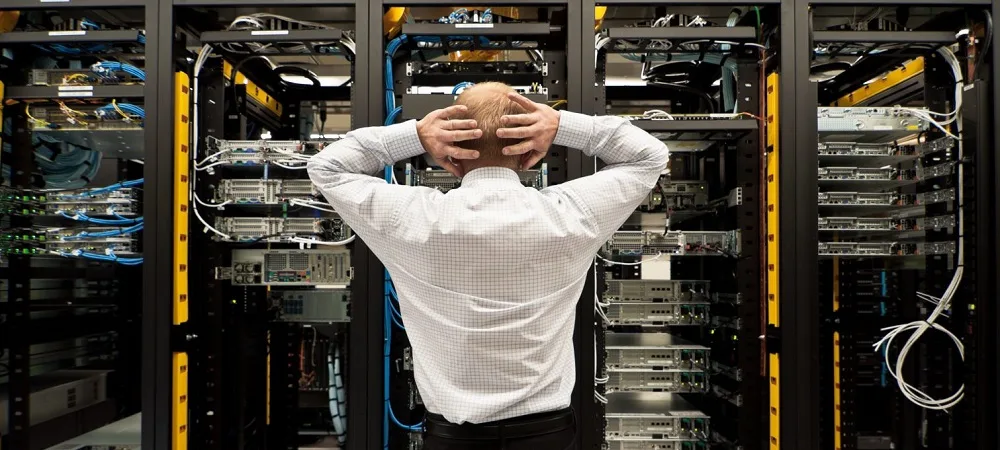Who is a System Administrator?

In the era of digital transformation, the role of a system administrator has never been more critical. Tasked with maintaining, troubleshooting, and ensuring the smooth operation of computer systems and networks, these professionals are the unsung heroes of the IT world. With the rise of remote work, the responsibilities and skills required for this position have evolved, making it a challenging yet rewarding career path.
A system administrator, or sysadmin, is responsible for managing, configuring, and ensuring the reliable operation of computer systems and networks. They are the technical experts that businesses rely on to ensure their IT infrastructure remains secure and efficient, addressing issues ranging from software updates to network security threats.
Functions of the Position
The core functions of a system administrator involve installing and maintaining hardware and software, managing network servers and technology tools, setting up accounts and workstations, and ensuring network security. Additionally, sysadmins are responsible for troubleshooting issues and outages, ensuring a company’s technology infrastructure supports its business operations seamlessly.
Mastering the Profession for Remote Work
Transitioning to remote work as a system administrator requires not only a solid foundation in IT principles but also a high degree of adaptability and self-discipline. Remote sysadmins must be proactive in monitoring systems, diagnosing problems without direct access to hardware, and communicating effectively with remote team members and stakeholders.
Pros and Cons of the Profession
The profession comes with its set of challenges and rewards. On the plus side, system administrators have a pivotal role in the functioning of modern businesses, offering job security and the opportunity to work with cutting-edge technologies. However, the role can also be demanding, requiring round-the-clock availability to address system failures and security breaches.

Which Internet Companies Need System Administrators?
Virtually every company that relies on digital technology needs a system administrator, from startups to multinational corporations. This includes technology companies, financial institutions, gambling companies like winfest casino, educational organizations and government agencies. With the shift towards cloud computing and remote work, the demand for sysadmins with experience in cloud services and remote network management has surged.
Job Responsibilities of a Remote System Administrator
A remote system administrator’s job responsibilities mirror those of their onsite counterparts but with added emphasis on remote monitoring and management tools. They must ensure the security and efficiency of remote networks, manage cloud-based services, and provide remote support to users. This role requires a keen ability to diagnose problems remotely and implement solutions without direct physical access to the systems.
Skills, Knowledge, and Tasks
To excel as a system administrator, especially in a remote setting, one must possess a blend of technical, problem-solving, and communication skills. Key areas of knowledge include:
- Network architecture and protocols
- Operating systems (Windows, Linux, macOS)
- Cloud services (AWS, Azure, Google Cloud)
- Cybersecurity principles and practices
- Automation and scripting languages (Python, Bash)
Additionally, effective sysadmins are adept at multitasking, possess excellent analytical skills, and are capable of working independently. They must also stay abreast of the latest technology trends and cybersecurity threats, ensuring the systems they manage are resilient against evolving digital threats.
Becoming a remote system administrator is both a challenging and rewarding career path that offers the opportunity to play a critical role in the operational success of businesses in the digital age. For example, gambling company winfest casino requires a unique set of skills and knowledge, from technical expertise to problem solving and communication abilities. As companies continue to embrace remote work and digital transformation accelerates, the role of the system administrator will only grow in importance, making it a compelling career choice for those passionate about technology and its application in the business world.
